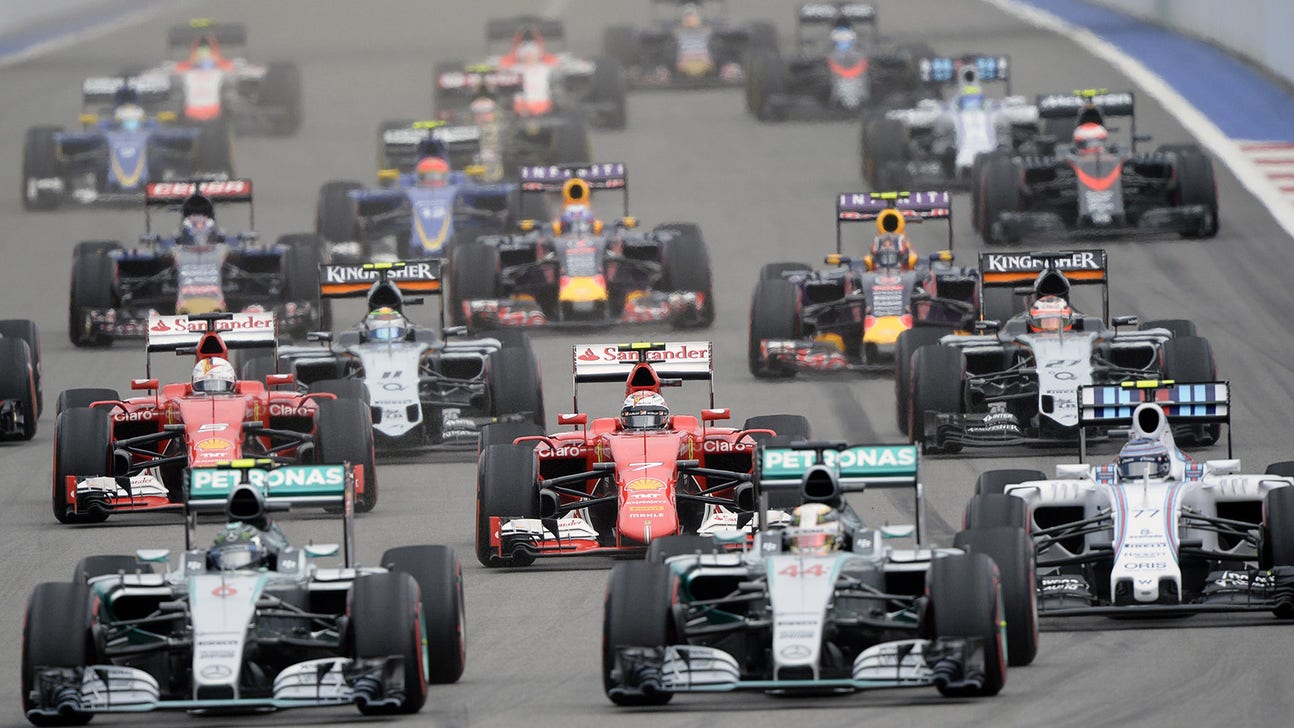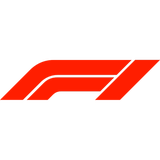
F1 will abandon power unit token system in 2017

Formula One's unpopular power unit token system will be scrapped from 2017, which mean the four manufacturers will face no limits on development -- other than the fact that they can only introduce upgrades when a driver uses new elements on a race weekend.
The change was one of the key concessions made when the manufacturers agreed to cut its prices to customers in 2017, a move that put a stop to Bernie Ecclestone's alternative engine plans.
All four engine makers now have works teams and will justify its spending in terms of making its own teams competitive, without the cost being passed on to the teams they supply.
This year the manufacturers still have 32 tokens, but that was due to drop to 25 in 2017, 20 in 2018, and then 15 from 2019 to the end of the current formula. Just three per year were to be allowed for the last two years of the formula, on the basis that manufacturers would have to develop an engine to new rules.
"The token system is being removed," Renault Sport's Cyril Abiteboul said during the team's launch in Paris on Wednesday. "One of the reasons we have all agreed to do this is that we all need the performance of the engine to converge. An F1 that is dictated by the performance of the engine is not good for anyone.
"You see it is not good for Mercedes, it is not good for Renault, Ferrari -- we all have interest to change that. We have decided, also for the public, to stop the public being confused between the penalty system and the token system -- we have decided to simply remove the token system."
It had already been agreed to scrap for 2016 the 'black and white' parts system, which specified that some elements could not be updated after a certain point. This means items that were previously going to be fixed this year -- such as upper and lower crankcase dimensions -- have been freed up.
